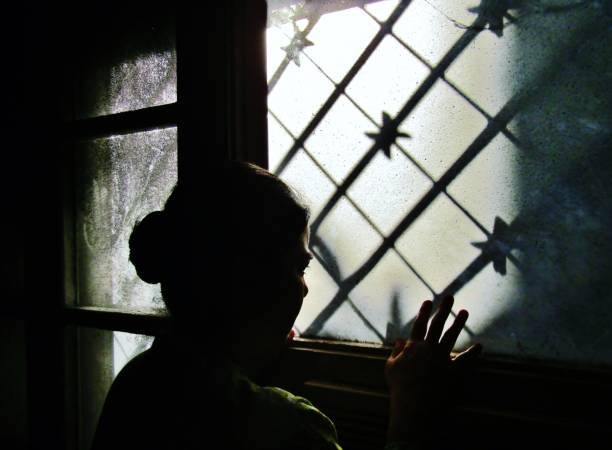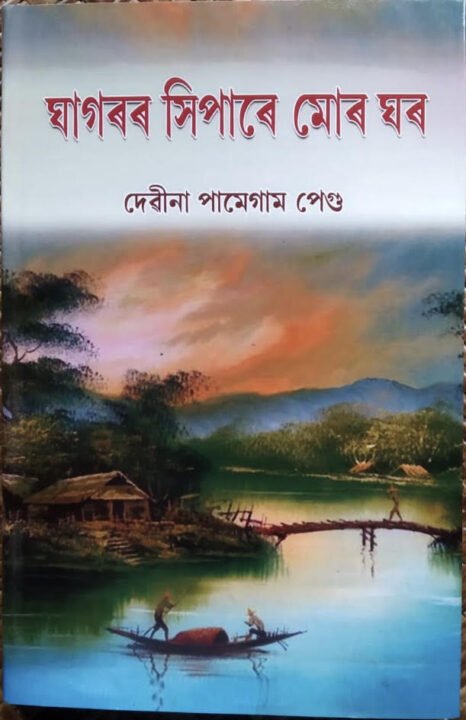By: Kamal Baruah
How amazing it’s that babies grow up in the blink of an eye. While little Tikli called me TojoI was wonderstruck by such a Japanese tag on me from her favorite ad on the TV. It gave rise to that occasion as time passes. Perhaps the sweetest sounds we ever hear are the babbles and coos through feeding bottles and one fine day it turns into ‘ma-ma, da-da for joyous parents. It’s all because infants make the first sounds ‘m’, ‘b’, and ‘p’ easily with the lips that are quickly followed by ‘t’ and ‘d’. The next time you call out ‘mom’ outside the home, check this out and watch how many mothers turn around. Besides fun, my inquisitive mind began exploring an atypical response from a toddler.
The Tojo incident planted doubts about our origins and I was sorely tempted to know about ancestors to whom we’ve inherited I had even tested through demographics face recognition to predict ethnicity. Funnily enough, it’s from the timeline of Hideki Tojo, a general of the Imperial Japanese Army and convicted war criminal who served as PM of Japan and President of the Imperial rule and was responsible for ordering the attack on Pearl Harbor. Now another Hitler (who’s blamed for the Holocaust) is resurrected. Putin bet everything on war & conquest and now celebrated Victory Day for marking the defeat of Nazi Germany. The end is uncertain for this largest European conflict now in Ukraine since World War II and might face a disaster of its own making.
History is filled with many examples of wrongful blame and finger-pointing of certain groups. War films portrayed Japanese soldiers as ruthless killers but untold stories are different. Grandma told us some fascinating war anecdotes of her time. Tales about the cruelty of the Japanese weren’t true. They never harassed people and even paid for carrying rice to residents. Their full-scale invasion of Manipur and Nagaland suffered immense losses. Japanese retreated to Burma but some decided to stay back. Much before the Japanese U-Go offensive towards Brahmaputra valley, Mong-Mao prince Chao-lung Sukaphaa entered Assam in the 13th century from Yunnan in China. There are other tribes especially the Sutras, the Morans, and the Kacharis living in the pre-Ahom era.
The origin of the North East tribes is shrouded in mystery. It the generally accepted as part of a great Mongoloid wave of migration towards the North-East from China. People living in the hills are Sino-Tibetan except Khasis of Meghalaya fall under the Austro-Asiatic group. Another language family Tai-Kadai found in the Tai people. People living in the plain of Assam are mostly Indo-European. It’s possible that Mizos came from the banks of the river Yalung in China. Some believe that Manipuris are descended from an Indo-Chinese stock, with Aryan blood. The Naga Hills are occupied by warrior tribes of Mongoloid origin for centuries. The history of Sikkim begins with indigenous Lepchas’ contact with early Tibetan settlers. Tripuris and Arunachalis are mostly Tibeto-Burmese.
There were few written records/manuscripts of prehistory across time and cultures. That fact never entered my thoughts until the baby called me Tojo. A chart showing lineage has provided real eye-opening data. Soe-Thura (thura means brave, gallant), Myo-Thura, Nao-Maung (young brother – Mong-Mao prince Chao-lung Sukaphaa), Nander, San-Shein (Aung San– the Burmese leader) were earlier generations of our descendants. I belong to the 8th generation. If the average period of a generation is considered about 20–30 years then my ancestors probably came during the 18th-century uprising in the Ahom Kingdom -Moamoria rebellion.
Queen Rani had once ruled by the side of the Garo hills at the same time as Ahom ruled. My grandpa was part of the kingdom for khajana (revenue collection) thereby becoming ‘Baruah’ after the 6th generation. It was a sovereign territory stretching from the Brahmaputra to the Garo hills. The kingdom with its capital Patgaon lost its status and converted into Mouza (revenue circle of Dakhin Rani, Chayani, and Ramsarani) during British India. The kingdoms no longer exist today.
People of North-East in the national capital have witnessed mystery riddles about their descended origin. Contemporary scholars trace their roots to the eastern world. Maung (young brother), Ma (girl), Ko (elder brother), U (elder man), Daw (elder woman, Bo (army personnel), what is in a name? The lists are endless. The saying goes, and perhaps I feel this more than to establish our lineage back to South East Asia, undoubtedly a Burmese connection.







